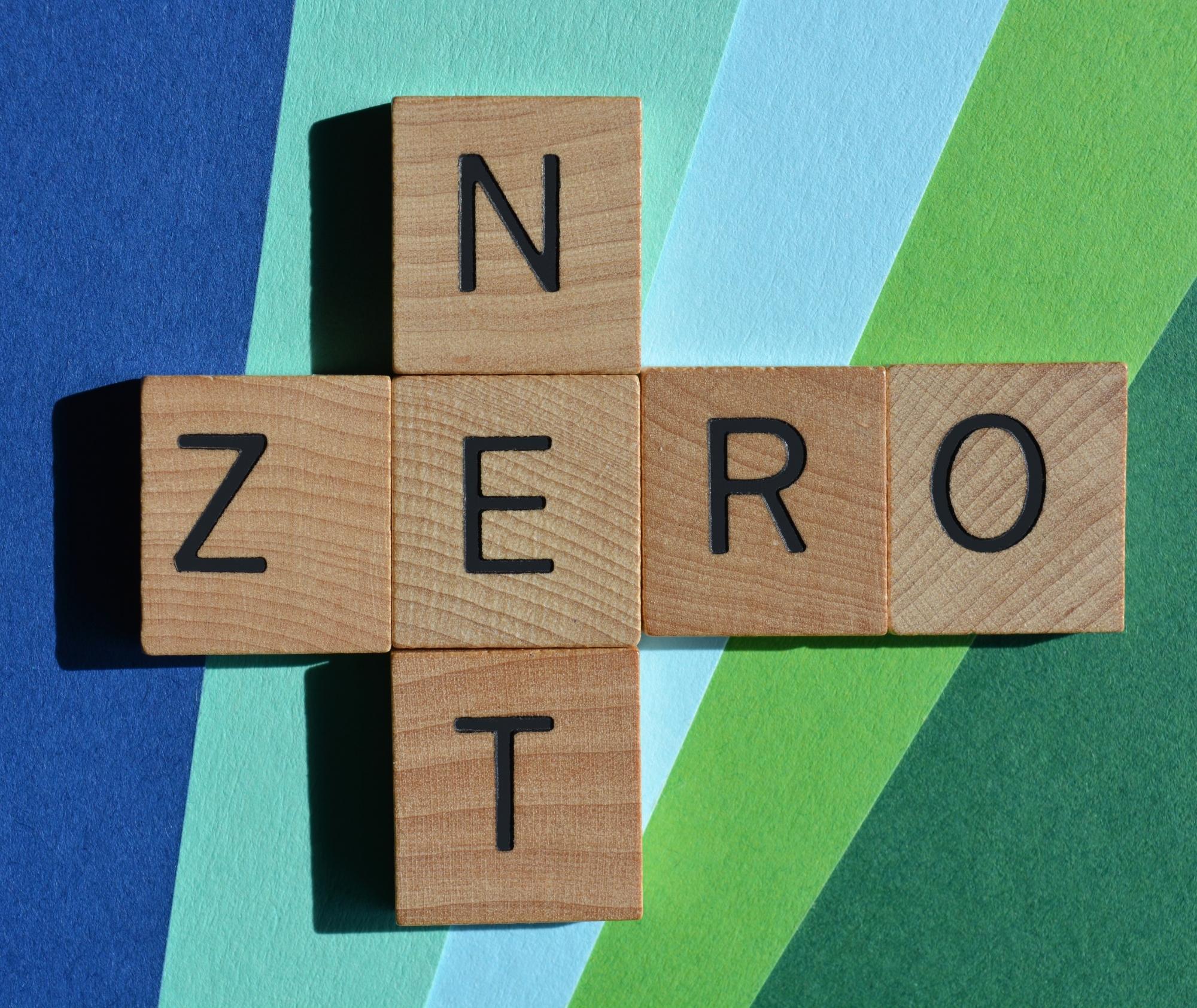In line with a new environmental plan to promote a more sustainable community and reduce carbon emissions, The Pioneer Group is working towards achieving net zero carbon for its housing stock by 2050. The Birmingham-based housing provider will be driving this change through greener business practices and upgrading properties to EPC Band C by 2030 and to net zero by 2050.
An Energy Performance Certificates (EPC) indicates how much a building will cost to heat & light; what its carbon dioxide emissions are likely to be; and what improvements can be made to increase the property’s energy efficiency. Properties are given an energy-efficiency grade between A and G, with A being the most energy efficient and G being the least. The Pioneer Group has set a target for 2030 to bring all its properties up to a C-level band.
This move will coincide with the UK government’s Clean Growth Strategy that requires social housing providers to attain the minimum rating of Energy Performance Certificate (EPC) C for rented properties by 2035 (or by 2030 for ‘fuel poor’ households).
All housing associations part of the Matrix Housing Partnership, including The Pioneer Group, are working towards achieving this goal, and as such have enlisted the support of one of the UK’s leading property consultants.
John Kiely, Director of Housing and Public Sector at Savills, said:
Bringing homes to EPC C-level is the start of a journey for The Pioneer Group in setting a pathway to achieving net zero in the next 20 – 30 years.
To be a net zero home, the energy that a house requires must balance out the energy that is generated to run it. With Savills’ help, investment and government support, The Pioneer Group will identify new heating technology and lower-cost renewable energy systems.
To understand costs of achieving net zero homes, Savills has already completed studies for approximately 60 housing associations, modelling 800,000 dwellings across the UK. Using these expertise, the firm are now auditing The Pioneer Group’s homes. This exercise consists of understanding energy assessments revealing how much energy is used, the average cost of bills and the percentage of carbon emissions created. Once these factors are understood, Savills will recommend energy-efficiency measures, including new windows, insulation, heating, and more, to get to net zero.
The cost of decarbonising all is estimated to be at least £36 billion, with a further £13 billion needed for solutions that minimise fuel poverty. The figures come from research by Savills, who conducted the study on behalf of The National Housing Federation (NHF), the body representing housing associations in England. Savills’ analysts estimate costs of up to £24,000 for flats and £37,000 for houses to bring them up to an EPC C-rating and being fitted with air-source heat pumps.
Dave Livesey, Assets & Development Director at The Pioneer Group, said:
At a time where both energy prices and fuel poverty rising, we are keen as any organisation to ensure that our residents are supported as much as possible. Our corporate plan for 2020 – 25 already sets our commitment to reducing the fuel poverty experienced by our customers and this work aligns nicely with us driving these improvements by bringing properties up to an EPC C-rating by 2030. A key first step in going greener and achieving net zero. The Pioneer Group will continue to work with Savills and other housing associations to ensure that we can devise a roadmap as early as 2022 for achieving net zero.
